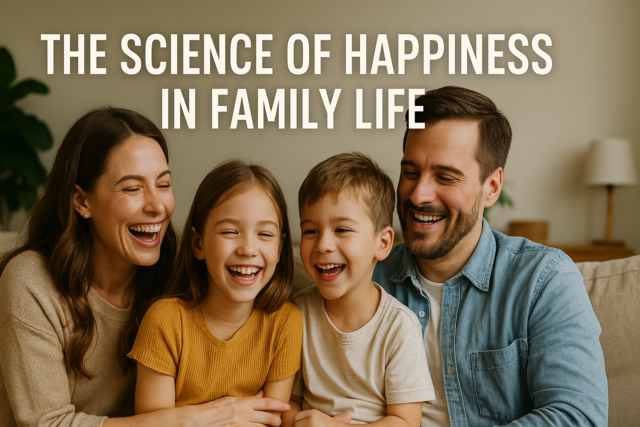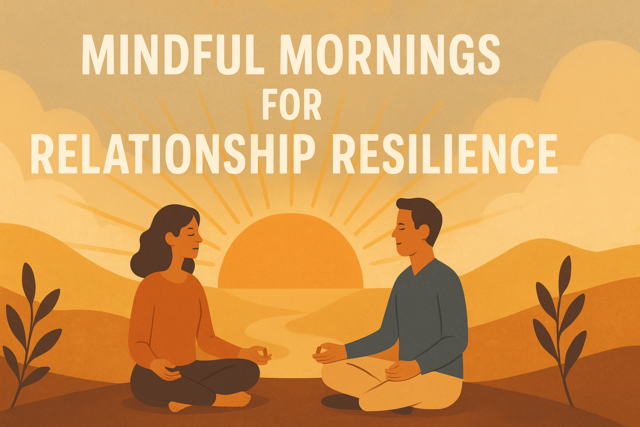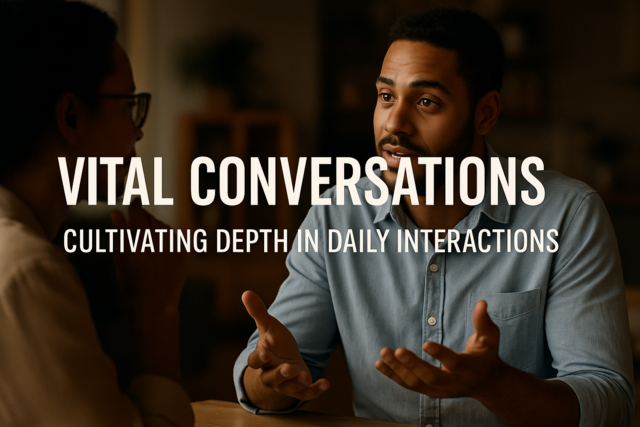Online Class: Crossroads to Connection — The Intersection of Love and Logic

-
15Lessons
-
21Exams &
Assignments -
4Hours
average time -
0.4CEUs
Course Description
Welcome to a world where connection transcends the superficial, where love and logic not only coexist but harmonize to create deeper, more meaningful interactions. Imagine a journey, not just through your mind, but into the very fabric of your emotional being—a transformative exploration that promises to reshape how you perceive and engage with the world. Welcome to "Crossroads to Connection: The Intersection of Love and Logic," a course crafted meticulously to serve as the linchpin in your quest for personal growth and profound relationships.
Picture a landscape where emotional intelligence is the compass guiding your relationships. It's not just a skill but a new lens through which you view the world—fostering environments where empathy is the norm, and conflict yields to understanding. You are at the cusp of a revolution in your personal and professional life, with tools designed to enhance every interaction, creating a tapestry woven with trust, respect, and authenticity.
From the outset, you'll dive into the depths of emotional intelligence—embarking on a modern exploration that highlights the undeniable power of empathy in our increasingly interconnected world. But this is not merely a theoretical journey. Instead, it is a path laden with practical skills and insights that transform how you perceive your own emotions and those of others. You'll cultivate a level of self-awareness that unveils the roots of emotional triggers, empowering you to respond rather than react and fostering relationships that thrive on mutual understanding.
Venture further into the course, and you'll find understanding pouring from the intersection of empathy and logic. Discover how these forces combine with cultural nuances in communication to form the bedrock of meaningful connections. Through engaging narratives and case studies, you'll learn to decode silent communiqués of body language and harness the silent harmony they create in every interaction—personal or professional.
This journey is not only about uncovering what is, but shaping what will be. You will master decision-making fueled by intuition and reason, understanding the dance between emotion and logic that underpins our choices. Each decision will become an opportunity for depth and authenticity, leveraging love languages to nurture the bonds that matter. Secure attachments and healthy boundaries become your canvas, on which you will paint the future of your relationships and personal aspirations.
The enriching content doesn't stop there. You will delve into the dynamics of conflict resolution, uncovering how emotional intelligence bridges even the widest divides. Here, empathy shines as a beacon, illuminating the path to reconciliation by bringing core emotions into alignment with rational dialogue. It's about learning to navigate life's challenges with grace—transforming conflict into opportunity for deeper understanding and growth.
Imagine, for a moment, the tapestry of your life infused with a newfound clarity of purpose. Personal values will emerge as your guiding stars, steering your journey with authenticity. Through reflection and self-discovery, you'll unearth the biases that steer perception and realign them, ensuring your path is one that fulfills both personal aspirations and collective dreams.
And what of the relationships you'll transform? They won't just be maintained; they'll be elevated by the power of positive feedback, an atmosphere where every interaction is an opportunity to affirm and uplift. Learn to master the art of constructive communication, where emotional regulation becomes second nature, and trust grows as naturally as a flower to sunlight.
Step into this course and unlock the crossroads where love melts into logic, and connection transcends mere interaction. It's time to elevate how you see yourself and how you connect with the world. "Crossroads to Connection" isn't just a course; it is your gateway to becoming the person you are meant to be—one who understands, empathizes, and thrives. Join us and transform your landscape of relationships into a masterpiece of emotional and logical harmony. Today marks the beginning of your most significant adventure yet.
- Business
- Business Ethics Courses
- Harassment Prevention Courses
- Human Resources Certifications
- Management
- Aromatherapy Courses
- Caregiver Courses
- Career Development Courses
- Communications Courses
- Confidence and Self Esteem Courses
- Healing
- Human Anatomy Courses
- Medical Skills
- Health & Medicine
- Nutrition
- Marketing
- Microsoft Office Certification Courses
- Life Coaching Courses
- Self-Improvement
- Small Business Certifications
- Safety
- Writing Improvement
- Business Writing Courses
Course Lessons
Lesson 1. Love, Logic, and Emotional Intelligence: A Modern Exploration
 Review Practice Worksheet: Lesson-1-HomeWork-19647.pdf
Review Practice Worksheet: Lesson-1-HomeWork-19647.pdf Lesson discussions: Reasons for Taking this Course
Lesson discussions: Reasons for Taking this Course Assessment: Lesson 1 Review Exam
Assessment: Lesson 1 Review Exam
Lesson 2. Enhancing Emotional Intelligence Through Self-Awareness
 Review Practice Worksheet: Lesson-2-Downloadable-19648.pdf
Review Practice Worksheet: Lesson-2-Downloadable-19648.pdf Assessment: Lesson 2 Review Exam
Assessment: Lesson 2 Review Exam
Lesson 3. Empathy & Logic: The Dynamics of Connection
 Review Practice Worksheet: Lesson-3-WorkSheet-19650.pdf
Review Practice Worksheet: Lesson-3-WorkSheet-19650.pdf Assessment: Lesson 3 Review Exam
Assessment: Lesson 3 Review Exam
Lesson 4. Cultural Tapestries: How Culture Shapes Communication
 Review Practice Worksheet: Lesson-4-HomeWork-19652.pdf
Review Practice Worksheet: Lesson-4-HomeWork-19652.pdf Complete: Lesson 4 Activity
Complete: Lesson 4 Activity Assessment: Lesson 4 Review Exam
Assessment: Lesson 4 Review Exam
Lesson 5. Decoding the Dance: The Interplay of Emotion and Logic in Decision-Making
 Review Practice Worksheet: Lesson-5-WorkSheet-19654.pdf
Review Practice Worksheet: Lesson-5-WorkSheet-19654.pdf Complete: Lesson 5 Activity
Complete: Lesson 5 Activity Assessment: Lesson 5 Review Exam
Assessment: Lesson 5 Review Exam
Lesson 6. Love Languages: Keys to Nurturing Lasting Bonds
 Review Practice Worksheet: Lesson-6-Activity-19656.pdf
Review Practice Worksheet: Lesson-6-Activity-19656.pdf Complete: Lesson 6 Activity
Complete: Lesson 6 Activity Assessment: Lesson 6 Review Exam
Assessment: Lesson 6 Review Exam
Lesson 7. The Dance of Love and Logic: Balancing Empathy and Boundaries for Better Relationships
 Review Practice Worksheet: Lesson-7-HomeWork-19658.pdf
Review Practice Worksheet: Lesson-7-HomeWork-19658.pdf Complete: Lesson 7 Activity
Complete: Lesson 7 Activity Assessment: Lesson 7 Review Exam
Assessment: Lesson 7 Review Exam
Lesson 8. Exploring Emotional Dynamics in Conflict Resolution
 Review Practice Worksheet: Lesson-8-HomeWork-19660.pdf
Review Practice Worksheet: Lesson-8-HomeWork-19660.pdf Complete: Lesson 8 Activity
Complete: Lesson 8 Activity Assessment: Lesson 8 Review Exam
Assessment: Lesson 8 Review Exam
Lesson 9. Attachment Theory: Foundations and Implications for Personal Growth
 Review Practice Worksheet: Lesson-9-WorkSheet-19662.pdf
Review Practice Worksheet: Lesson-9-WorkSheet-19662.pdf Assessment: Lesson 9 Review Exam
Assessment: Lesson 9 Review Exam
Lesson 10. Family Roles: A Blueprint for Adult Behavior
 Review Practice Worksheet: Lesson-10-WorkSheet-19664.pdf
Review Practice Worksheet: Lesson-10-WorkSheet-19664.pdf Assessment: Lesson 10 Review Exam
Assessment: Lesson 10 Review Exam
Lesson 11. Mastering Emotional Regulation in Relationships
 Review Practice Worksheet: Lesson-11-StudyGuide-19666.pdf
Review Practice Worksheet: Lesson-11-StudyGuide-19666.pdf Assessment: Lesson 11 Review Exam
Assessment: Lesson 11 Review Exam
Lesson 12. Personal Values as Guides
 Review Practice Worksheet: Lesson-12-WorkSheet-19668.pdf
Review Practice Worksheet: Lesson-12-WorkSheet-19668.pdf Complete: Lesson 12 Activity
Complete: Lesson 12 Activity Assessment: Lesson 12 Review Exam
Assessment: Lesson 12 Review Exam
Lesson 13. Relationships Elevated: Harnessing the Power of Positive Feedback
 Review Practice Worksheet: Lesson-13-Downloadable-19670.pdf
Review Practice Worksheet: Lesson-13-Downloadable-19670.pdf Assessment: Lesson 13 Review Exam
Assessment: Lesson 13 Review Exam
Lesson 14. Enhancing Emotional Intelligence Through Bias Recognition
 Review Practice Worksheet: Lesson-14-Downloadable-19672.pdf
Review Practice Worksheet: Lesson-14-Downloadable-19672.pdf Assessment: Lesson 14 Review Exam
Assessment: Lesson 14 Review Exam
Lesson 15. Aligning Aspirations: The Dance of Personal and Shared Visions
 Review Practice Worksheet: Lesson-15-WorkSheet-19674.pdf
Review Practice Worksheet: Lesson-15-WorkSheet-19674.pdf Lesson discussions: End of Course Poll; Course Comments
Lesson discussions: End of Course Poll; Course Comments Assessment: Lesson 15 Review Exam
Assessment: Lesson 15 Review Exam
Learning Outcomes
- Define self-awareness, and demonstrate techniques for recognizing and understanding one's own emotional triggers in various interpersonal situations.
- Identify and apply strategies for self-regulation to manage emotions effectively and make thoughtful decisions in high-pressure or conflict scenarios.
- Define emotional triggers and explain their impact on personal growth by identifying at least two origins and reactions using real-life examples.
- Demonstrate the ability to apply mindfulness and cognitive restructuring techniques to manage emotional triggers effectively, as evidenced by recalling and describing personal experiences.
- Define and explain the core components of Emotional Intelligence (EI), such as self-awareness, self-regulation, motivation, empathy, and social skills, in the context of improving interpersonal relationships.
- Demonstrate the ability to apply active listening techniques, including maintaining eye contact, using non-verbal cues, and reflecting back the speaker's words, to enhance communication and empathy in real-world scenarios.
- Demonstrate the ability to engage in active listening by accurately summarizing and responding to a partner's expressed concerns.
- Identify and differentiate between passive, aggressive, passive-aggressive, and assertive communication styles by providing examples from case studies.
- Demonstrate the ability to recognize and mitigate cognitive biases, such as the availability heuristic and sunk cost fallacy, in personal and professional decision-making processes through critical analysis and reflection.
- Define emotional intelligence and illustrate its role in balancing emotional and logical decision-making by analyzing a real-life scenario that involves ethical considerations.
- Demonstrate the ability to recognize and apply appropriate love languages in various contexts, improving communication and connection in personal and professional settings.
- Define and explain the concept of the Five Love Languages, identifying their unique role in enhancing interpersonal relationships.
- Define personal boundaries and explain their importance for emotional well-being by describing a specific scenario that illustrates boundary setting.
- Demonstrate mastery of lesson content at levels of 70% or higher.
Additional Course Information

- Document Your Lifelong Learning Achievements
- Earn an Official Certificate Documenting Course Hours and CEUs
- Verify Your Certificate with a Unique Serial Number Online
- View and Share Your Certificate Online or Download/Print as PDF
- Display Your Certificate on Your Resume and Promote Your Achievements Using Social Media

Related Courses
-
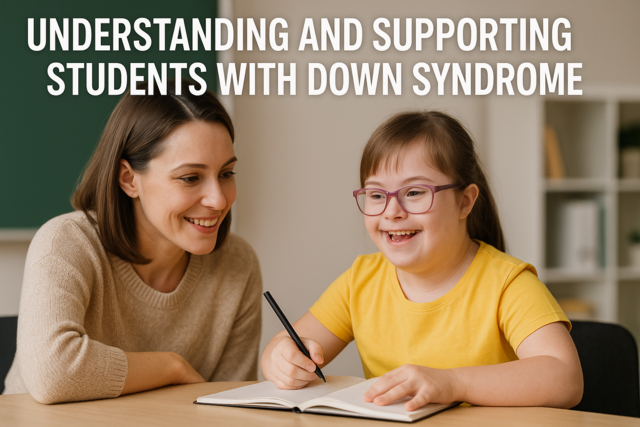 3 hours
0.3 CEUs
Understanding and Supporting Students with Down Syndrome
+ More Info
3 hours
0.3 CEUs
Understanding and Supporting Students with Down Syndrome
+ More Info
-
 3 hours
0.3 CEUs
Dapper & Distinguished: Men's Fashion Essentials
+ More Info
3 hours
0.3 CEUs
Dapper & Distinguished: Men's Fashion Essentials
+ More Info
-
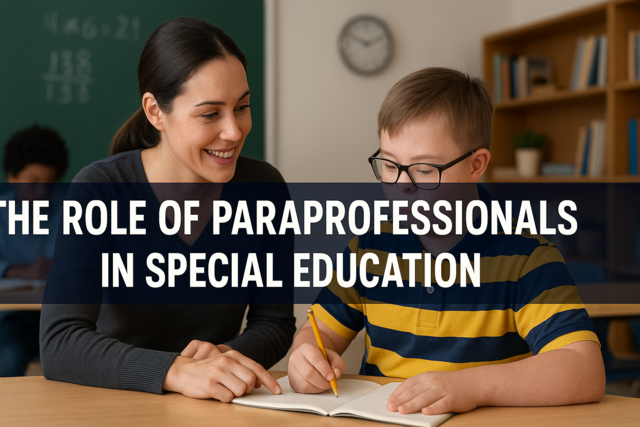 3 hours
0.3 CEUs
The Role of Paraprofessionals in Special Education
+ More Info
3 hours
0.3 CEUs
The Role of Paraprofessionals in Special Education
+ More Info
-
 7 hours
0.7 CEUs
Strategies for Closing the Achievement Gap
+ More Info
7 hours
0.7 CEUs
Strategies for Closing the Achievement Gap
+ More Info
-
 7 hours
0.7 CEUs
Designing Interdisciplinary Curricula
+ More Info
7 hours
0.7 CEUs
Designing Interdisciplinary Curricula
+ More Info
-
 3 hours
0.3 CEUs
Career Resilience and Adaptability
+ More Info
3 hours
0.3 CEUs
Career Resilience and Adaptability
+ More Info
-
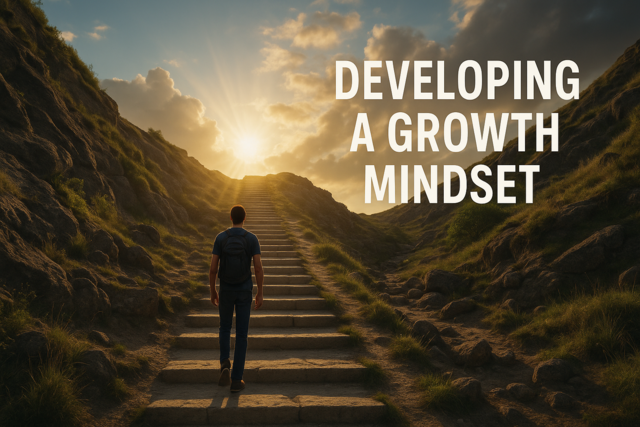 5 hours
0.5 CEUs
Developing a Growth Mindset
+ More Info
5 hours
0.5 CEUs
Developing a Growth Mindset
+ More Info
-
 6 hours
0.6 CEUs
The New Chic: Redefining Urban Elegance
+ More Info
6 hours
0.6 CEUs
The New Chic: Redefining Urban Elegance
+ More Info
-
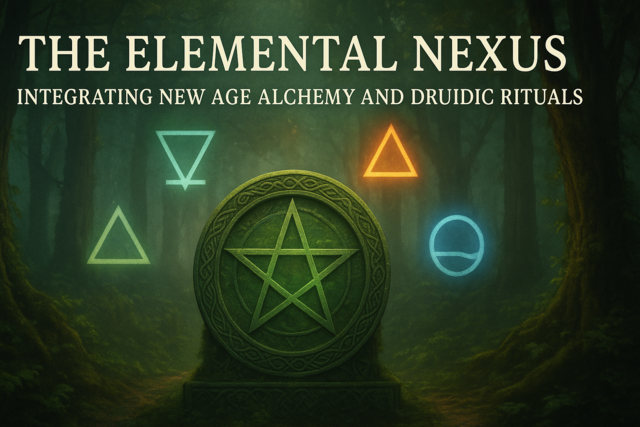 4 hours
0.4 CEUs
The Elemental Nexus: Integrating New Age Alchemy and Druidic Rituals
+ More Info
4 hours
0.4 CEUs
The Elemental Nexus: Integrating New Age Alchemy and Druidic Rituals
+ More Info
-
 6 hours
0.6 CEUs
Building an Effective Personal Brand
+ More Info
6 hours
0.6 CEUs
Building an Effective Personal Brand
+ More Info
-
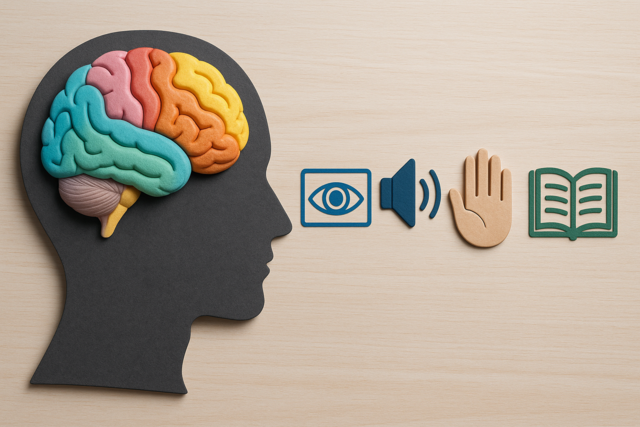 7 hours
0.7 CEUs
Understanding Learning Styles and Preferences
+ More Info
7 hours
0.7 CEUs
Understanding Learning Styles and Preferences
+ More Info
-
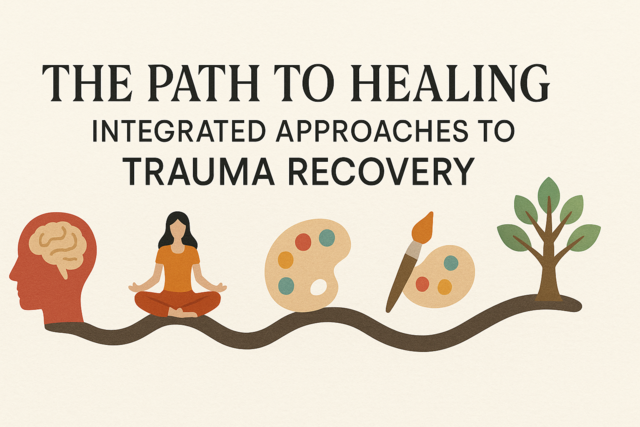 5 hours
0.5 CEUs
The Path to Healing: Integrated Approaches to Trauma Recovery
+ More Info
5 hours
0.5 CEUs
The Path to Healing: Integrated Approaches to Trauma Recovery
+ More Info
-
 7 hours
0.7 CEUs
Civic Education and Engagement
+ More Info
7 hours
0.7 CEUs
Civic Education and Engagement
+ More Info
-
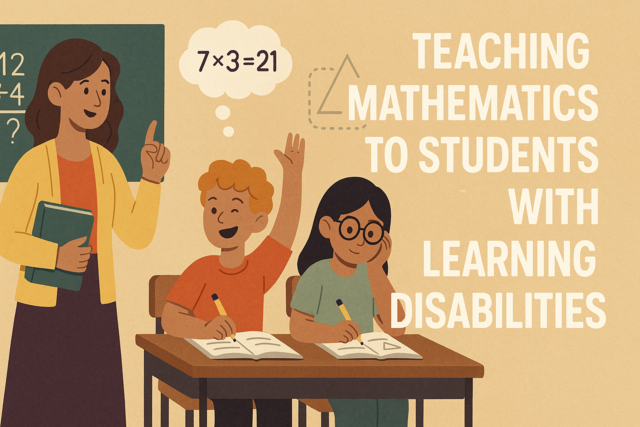 5 hours
0.5 CEUs
Teaching Mathematics to Students with Learning Disabilities
+ More Info
5 hours
0.5 CEUs
Teaching Mathematics to Students with Learning Disabilities
+ More Info
-
 4 hours
0.4 CEUs
Narcissistic Loops: Breaking the Cycle of Self-Absorption
+ More Info
4 hours
0.4 CEUs
Narcissistic Loops: Breaking the Cycle of Self-Absorption
+ More Info
-
 5 hours
0.5 CEUs
Advanced Pedagogical Techniques
+ More Info
5 hours
0.5 CEUs
Advanced Pedagogical Techniques
+ More Info
-
 4 hours
0.4 CEUs
Breathwork for Emotional Balance
+ More Info
4 hours
0.4 CEUs
Breathwork for Emotional Balance
+ More Info
-
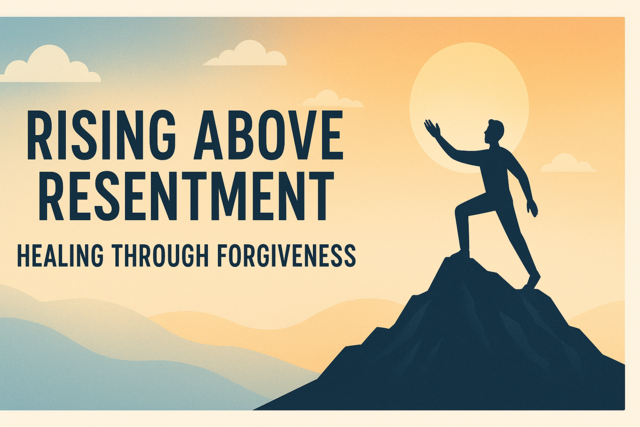 4 hours
0.4 CEUs
Rising Above Resentment: Healing Through Forgiveness
+ More Info
4 hours
0.4 CEUs
Rising Above Resentment: Healing Through Forgiveness
+ More Info
-
 5 hours
0.5 CEUs
Emotional Intelligence in the Workplace
+ More Info
5 hours
0.5 CEUs
Emotional Intelligence in the Workplace
+ More Info
-
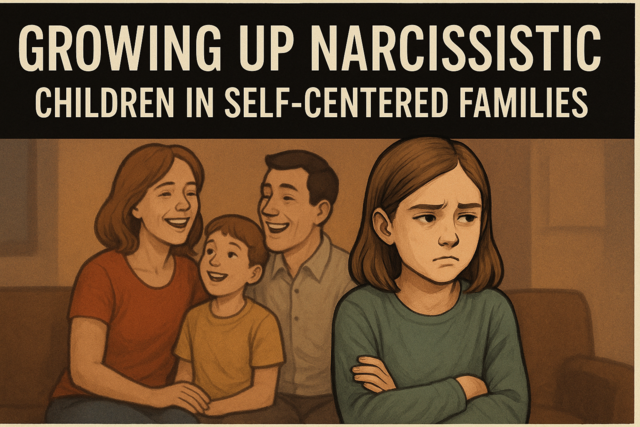 3 hours
0.3 CEUs
Growing Up Narcissistic: Children in Self-Centered Families
+ More Info
3 hours
0.3 CEUs
Growing Up Narcissistic: Children in Self-Centered Families
+ More Info
-
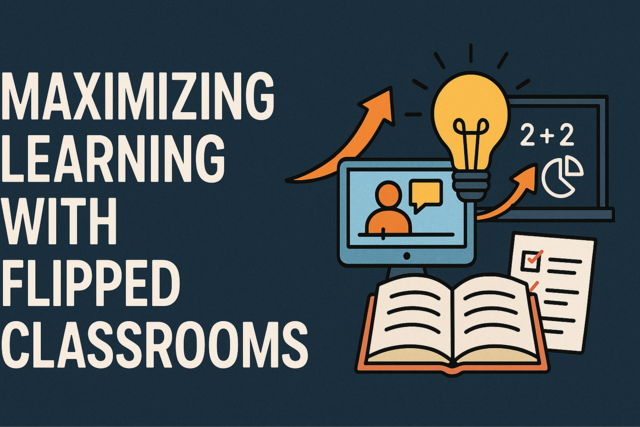 5 hours
0.5 CEUs
Maximizing Learning with Flipped Classrooms
+ More Info
5 hours
0.5 CEUs
Maximizing Learning with Flipped Classrooms
+ More Info
-
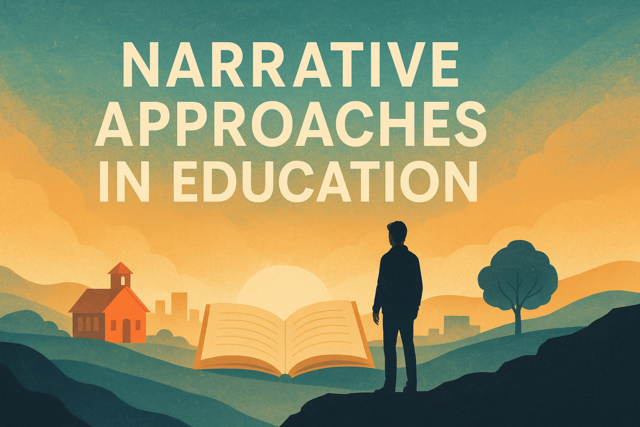 6 hours
0.6 CEUs
Narrative Approaches in Education
+ More Info
6 hours
0.6 CEUs
Narrative Approaches in Education
+ More Info
-
 4 hours
0.4 CEUs
Sustainable Style: Modern Luxury with a Conscience
+ More Info
4 hours
0.4 CEUs
Sustainable Style: Modern Luxury with a Conscience
+ More Info
-
 4 hours
0.4 CEUs
Design Dynamics: The Rise of Contemporary Luxury Designers
+ More Info
4 hours
0.4 CEUs
Design Dynamics: The Rise of Contemporary Luxury Designers
+ More Info
-
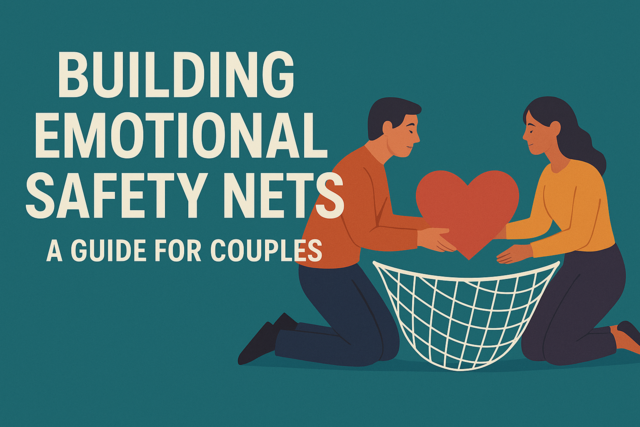 5 hours
0.5 CEUs
Building Emotional Safety Nets: A Guide for Couples
+ More Info
5 hours
0.5 CEUs
Building Emotional Safety Nets: A Guide for Couples
+ More Info
-
 5 hours
0.5 CEUs
Bridging Generational Gaps: Understanding Family Dynamics
+ More Info
5 hours
0.5 CEUs
Bridging Generational Gaps: Understanding Family Dynamics
+ More Info
-
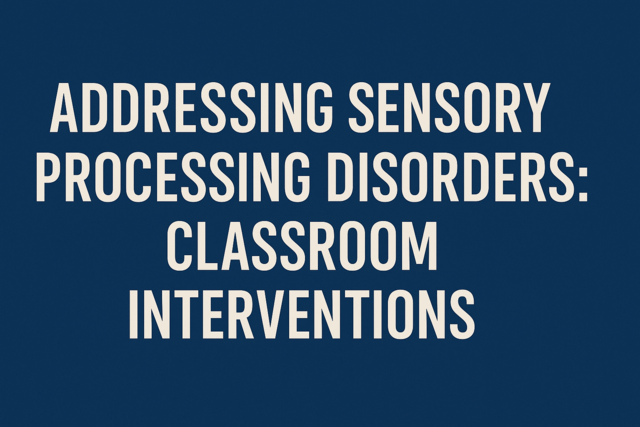 4 hours
0.4 CEUs
Addressing Sensory Processing Disorders: Classroom Interventions
+ More Info
4 hours
0.4 CEUs
Addressing Sensory Processing Disorders: Classroom Interventions
+ More Info
-
 5 hours
0.5 CEUs
The Alchemical Traditions of Druidic Wisdom
+ More Info
5 hours
0.5 CEUs
The Alchemical Traditions of Druidic Wisdom
+ More Info
-
 6 hours
0.6 CEUs
Data-Driven Decision Making in Special Education
+ More Info
6 hours
0.6 CEUs
Data-Driven Decision Making in Special Education
+ More Info
-
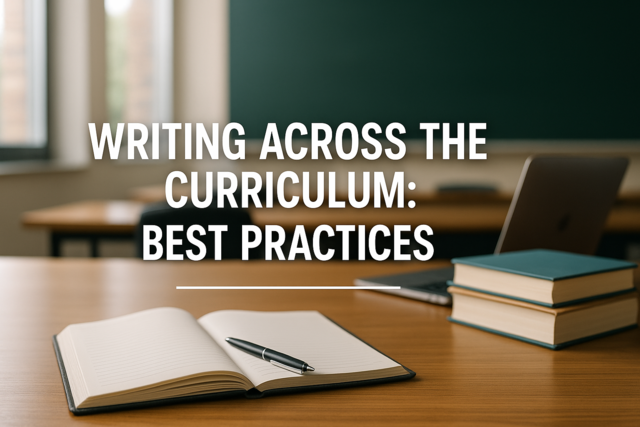 3 hours
0.3 CEUs
Writing Across the Curriculum: Best Practices
+ More Info
3 hours
0.3 CEUs
Writing Across the Curriculum: Best Practices
+ More Info
-
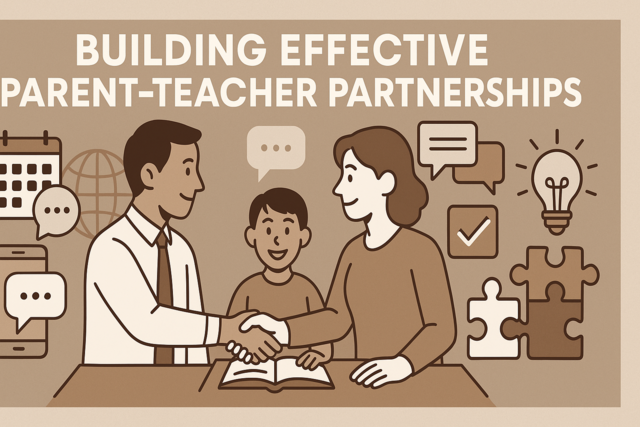 6 hours
0.6 CEUs
Building Effective Parent-Teacher Partnerships
+ More Info
6 hours
0.6 CEUs
Building Effective Parent-Teacher Partnerships
+ More Info
-
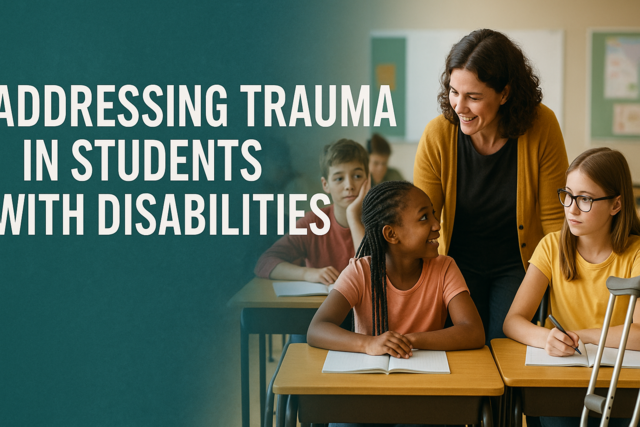 3 hours
0.3 CEUs
Addressing Trauma in Students with Disabilities
+ More Info
3 hours
0.3 CEUs
Addressing Trauma in Students with Disabilities
+ More Info
-
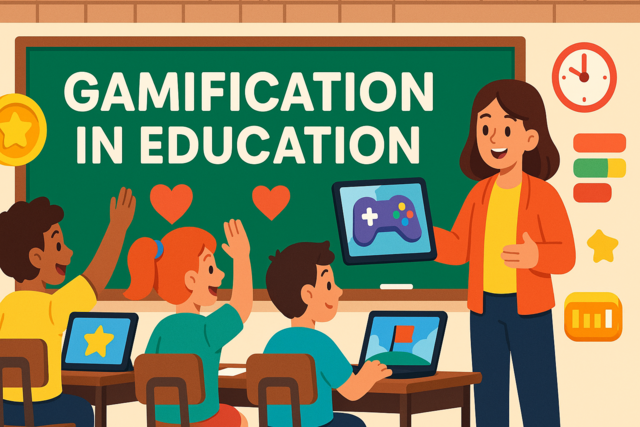 4 hours
0.4 CEUs
Gamification in Education
+ More Info
4 hours
0.4 CEUs
Gamification in Education
+ More Info
-
 4 hours
0.4 CEUs
The Use of Analytics in Education
+ More Info
4 hours
0.4 CEUs
The Use of Analytics in Education
+ More Info
-
 3 hours
0.3 CEUs
Self-Regulation Strategies for Students with Disabilities
+ More Info
3 hours
0.3 CEUs
Self-Regulation Strategies for Students with Disabilities
+ More Info
-
 4 hours
0.4 CEUs
Emergency Preparedness and Survival Skills
+ More Info
4 hours
0.4 CEUs
Emergency Preparedness and Survival Skills
+ More Info
-
 6 hours
0.6 CEUs
Cryptids: Creatures of Folklore and Reality
+ More Info
6 hours
0.6 CEUs
Cryptids: Creatures of Folklore and Reality
+ More Info
-
 5 hours
0.5 CEUs
The Art of Listening: Creating Understanding in Relationships
+ More Info
5 hours
0.5 CEUs
The Art of Listening: Creating Understanding in Relationships
+ More Info
-
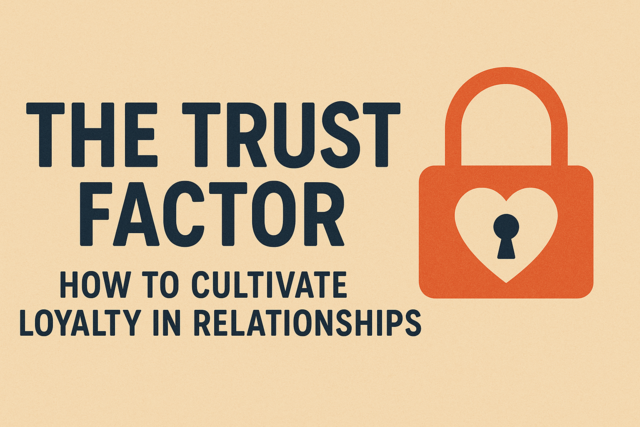 7 hours
0.7 CEUs
The Trust Factor: How to Cultivate Loyalty in Relationships
+ More Info
7 hours
0.7 CEUs
The Trust Factor: How to Cultivate Loyalty in Relationships
+ More Info
-
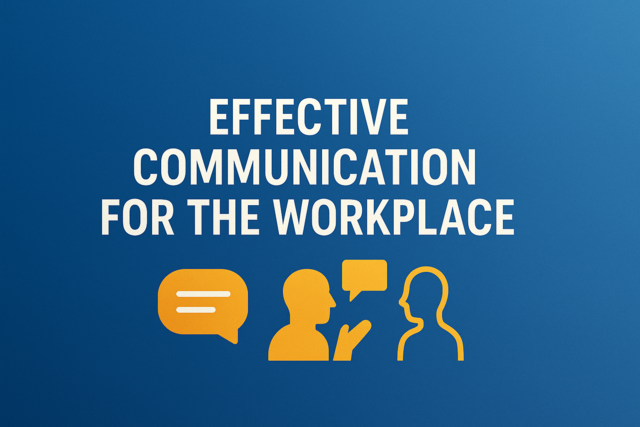 7 hours
0.7 CEUs
Effective Communication for the Workplace
+ More Info
7 hours
0.7 CEUs
Effective Communication for the Workplace
+ More Info


